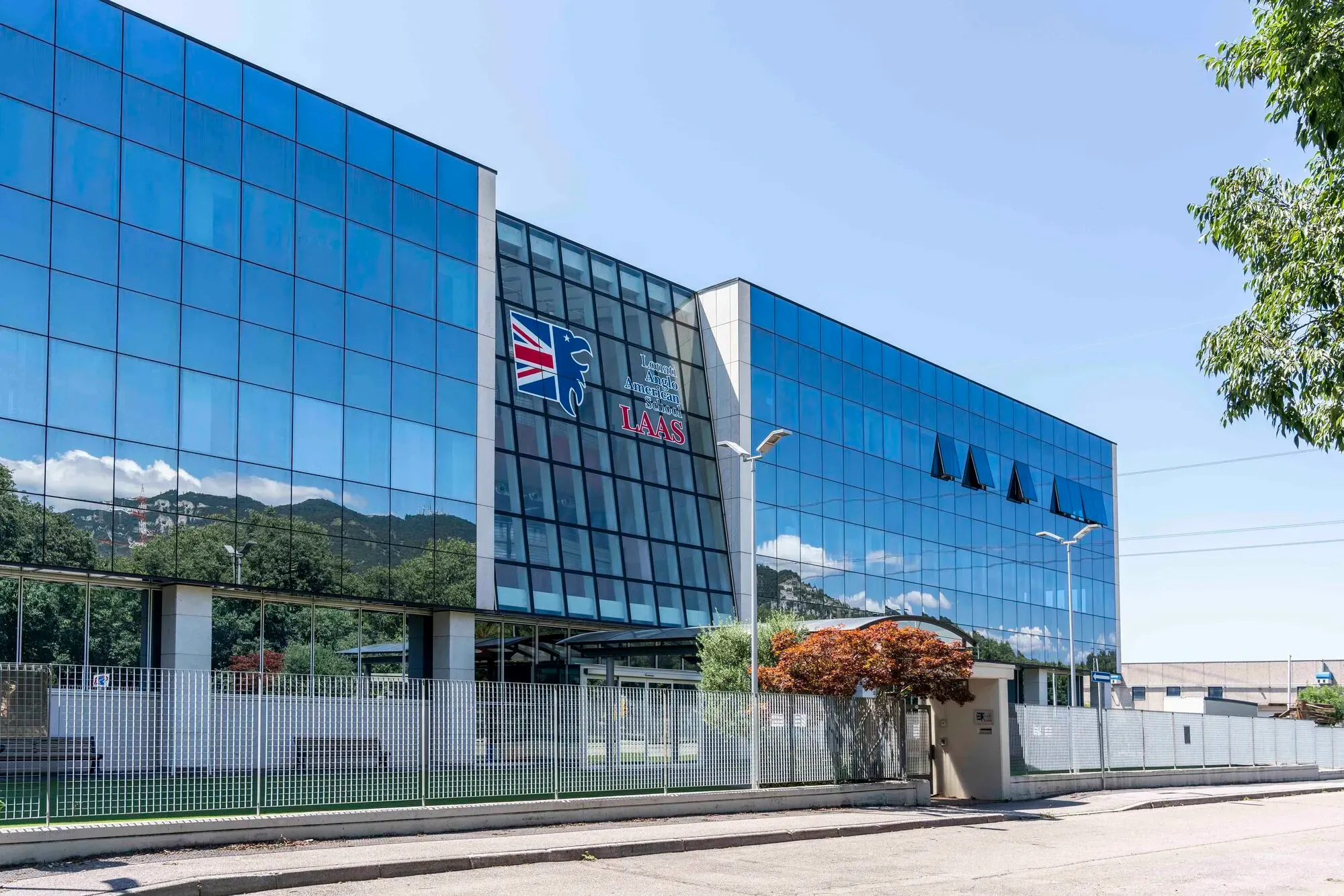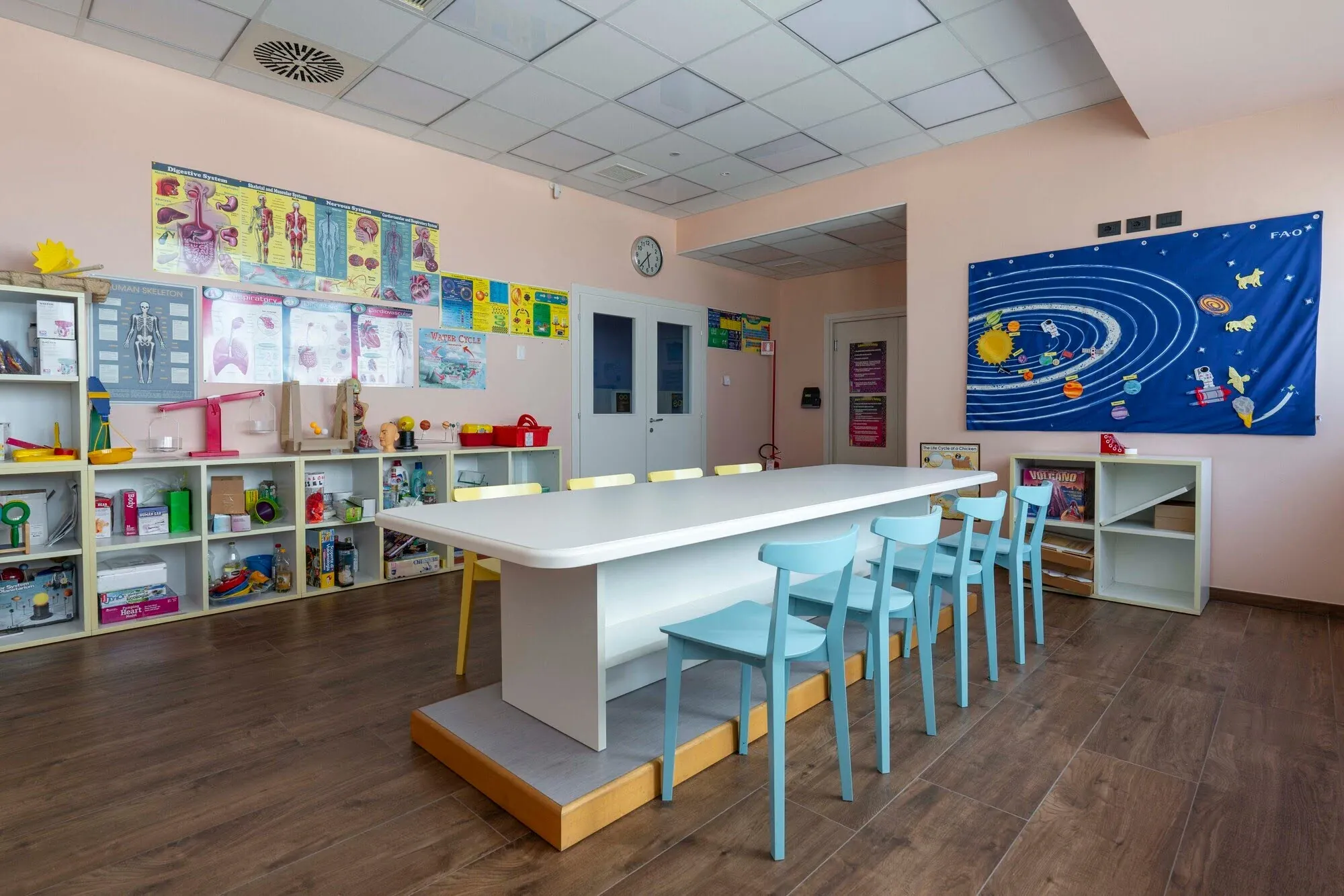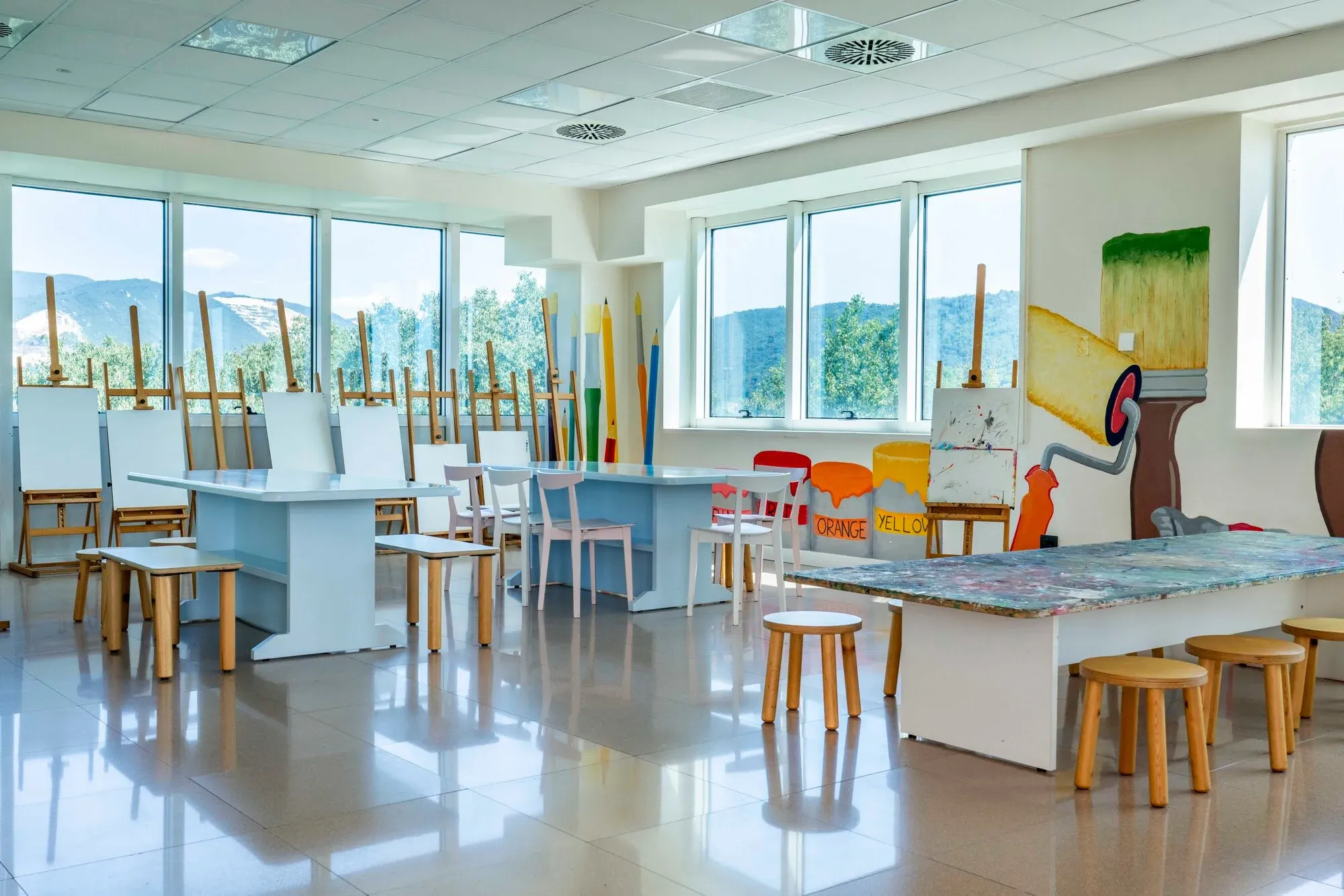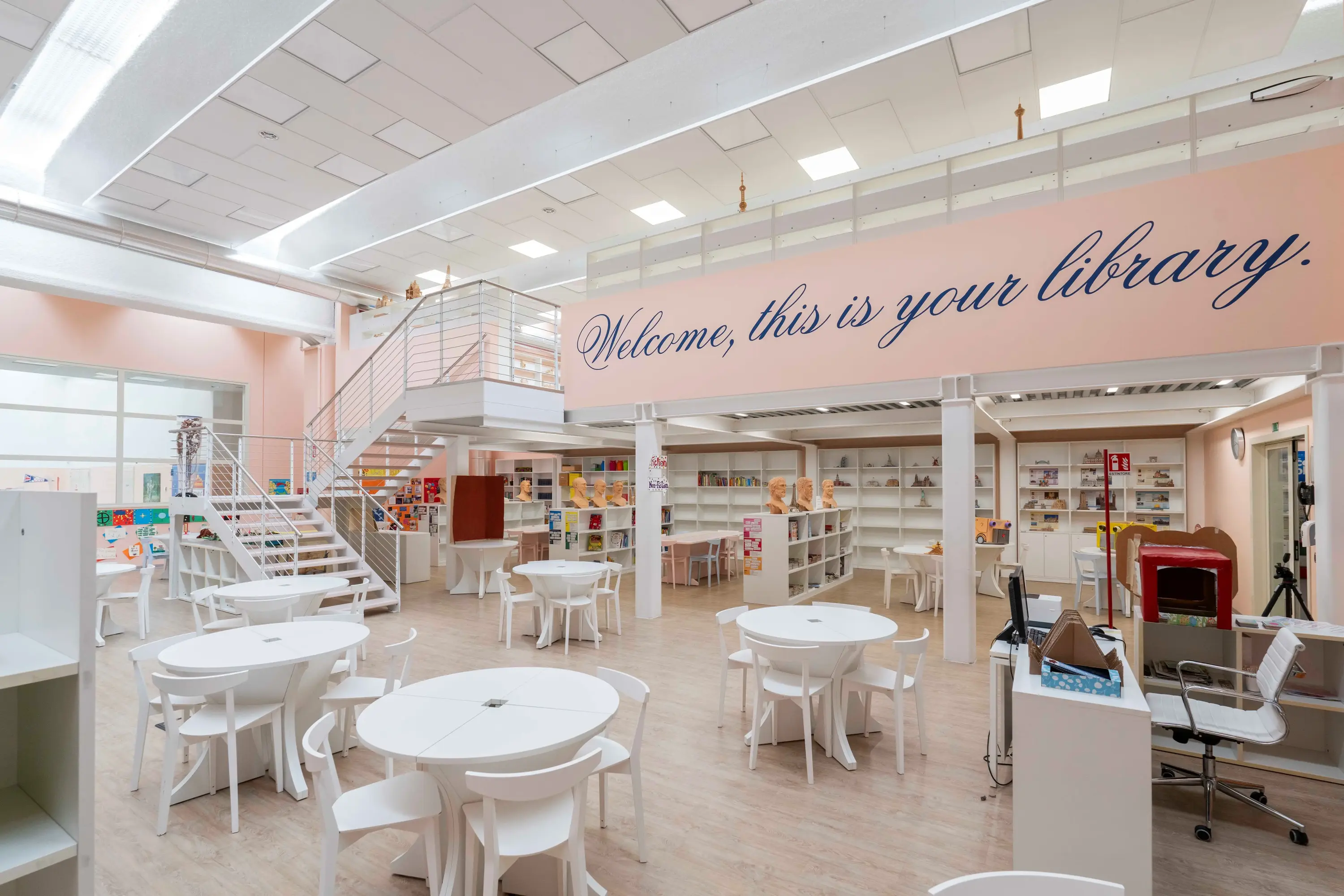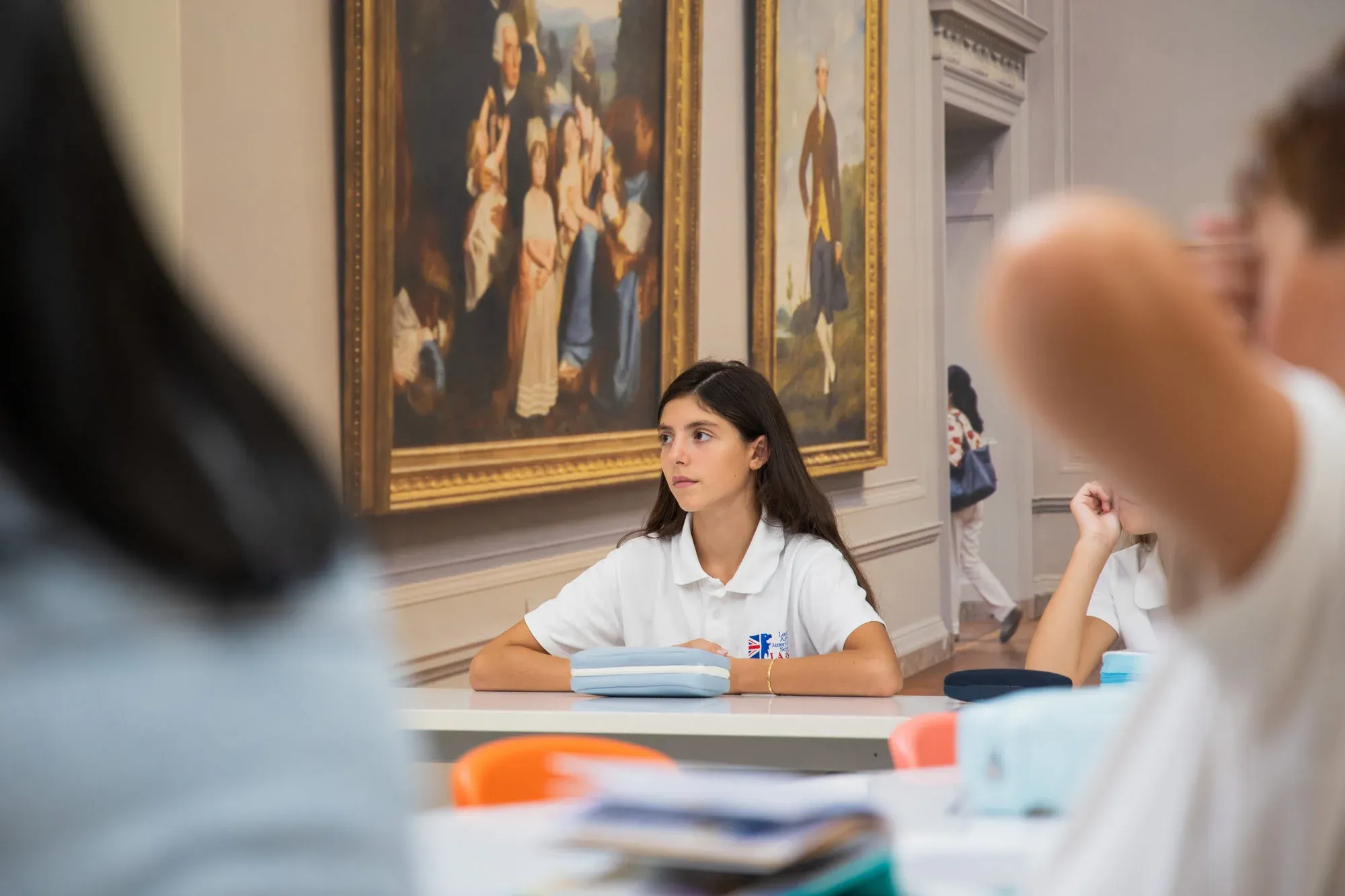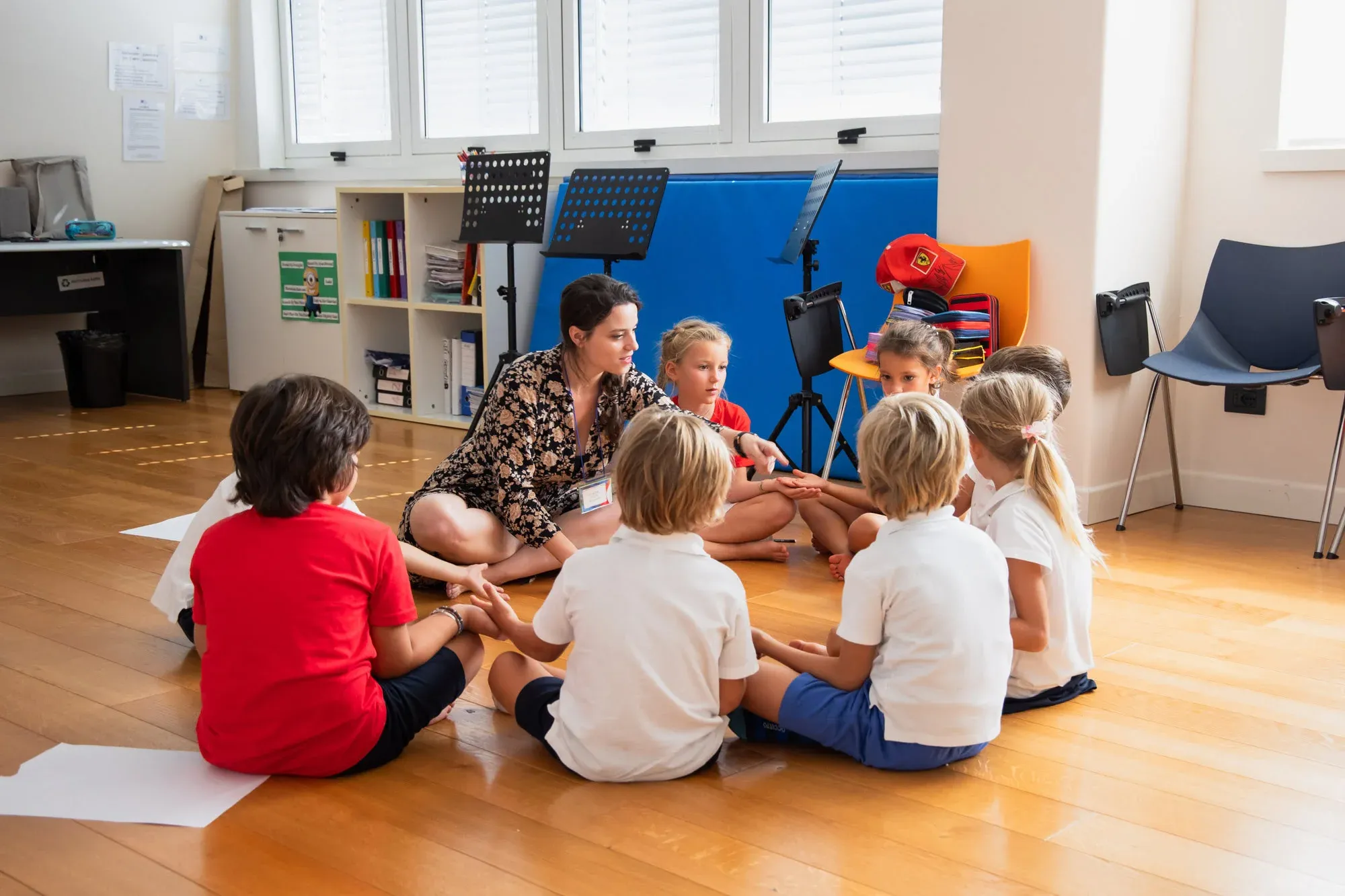
Elementary School
age: 5-10 years old
The educational course guides students on a journey of growth and learning that begins with Grade 1, through the development of scientific, linguistic and cognitive abilities, and ends with Grade 6, when they will have acquired skills in reading, writing and analysis. Throughout these years, the students learn to think critically and explore the world with fervent curiosity.
PYP IB World School
PYP IB World School
Our Primary School (Early Years and Elementary) is an IB World School, authorized to offer the Primary Years Programme (PYP) which guarantees an international educational experience.
• Our recognition as PYP IB World School guarantees a quality education.
• We are part of a reputable global educational network, present in prestigious institutions.
• We create opportunities for personal and professional growth for both students and teachers.
Grade 1
(5 years old)
Grade 1 is the starting point for the Elementary Years. Using the experience and skills developed in Kindergarten and Transition, Grade 1 students build upon the foundation of their future learning. They explore phonics, reading and writing in greater depth. They pursue concepts in mathematics and fine-tune number skills. Basic elements in science and social studies are investigated. Grade 1 students exercise more independence, accept greater personal responsibility, and begin to develop organizational and research skills that will last a lifetime.
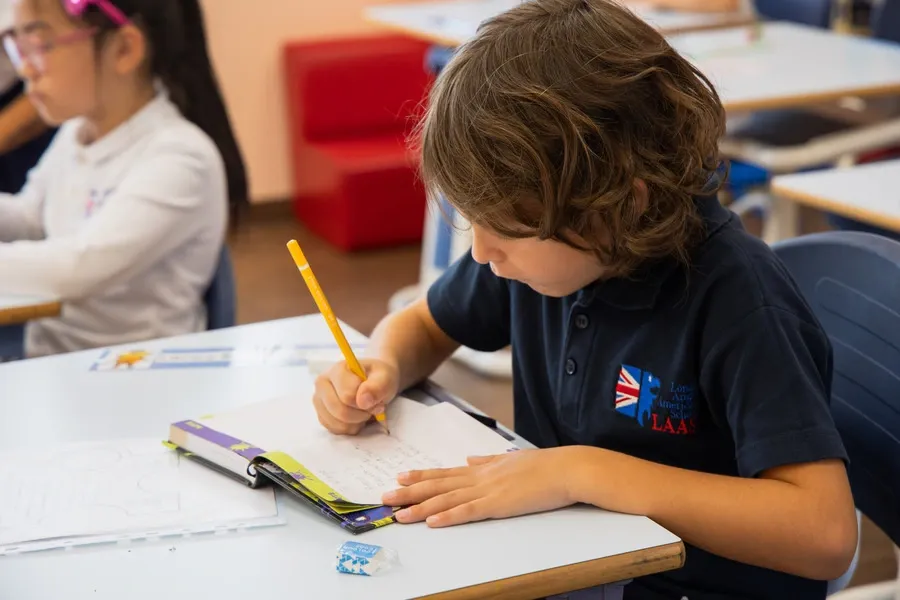
Grade 2
(6 years old)
Grade 2 students build upon past success by continuing with the next step forward. They examine reading and writing as communication tools and apply basic mathematical concepts to real-world situations. They explore with cumulative knowledge the mysteries of science and the special events of history. Grade 2 students exercise increasing personal autonomy, accept more personal accountability, and begin to make informed choices based on growing rational understanding.
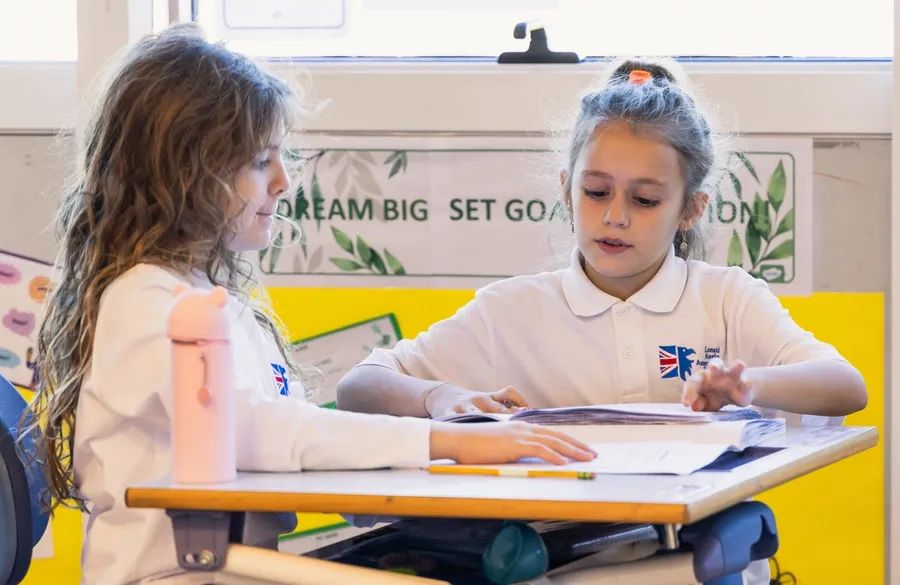
Grade 3
(7 years old)
Grade 3 students continue their advancement by examining ever-more challenging reading opportunities. They learn and independently apply both reading and writing strategies and use punctuation, spelling and grammar rules with greater accuracy. Students use increasingly sophisticated problem-solving strategies to express number and apply mathematical concepts to practical, real-world situations. They also explore deeper scientific understanding and examine both cause and effect in history. Grade 3 learners expand their awareness of social responsibility and personal development.
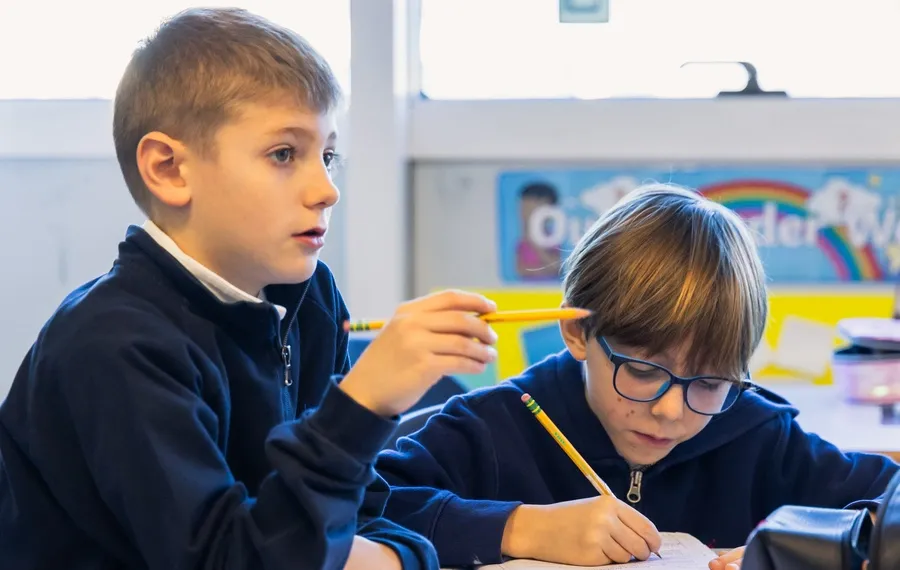
Grade 4
(8 years old)
Grade 4 students consolidate their reading, writing and speaking skills by producing projects, reports, letters and poems. They read for purpose and for pleasure. Grade 4 learners develop automatic recall of multiplication and division facts and expand and apply their knowledge of fractions and decimals. They are introduced to scientific process skills and learn to apply perspective-taking in social studies subjects. Students in Grade 4 begin to think about morality and the consequences of their actions and discern the various influences on their personal choices and decisions.
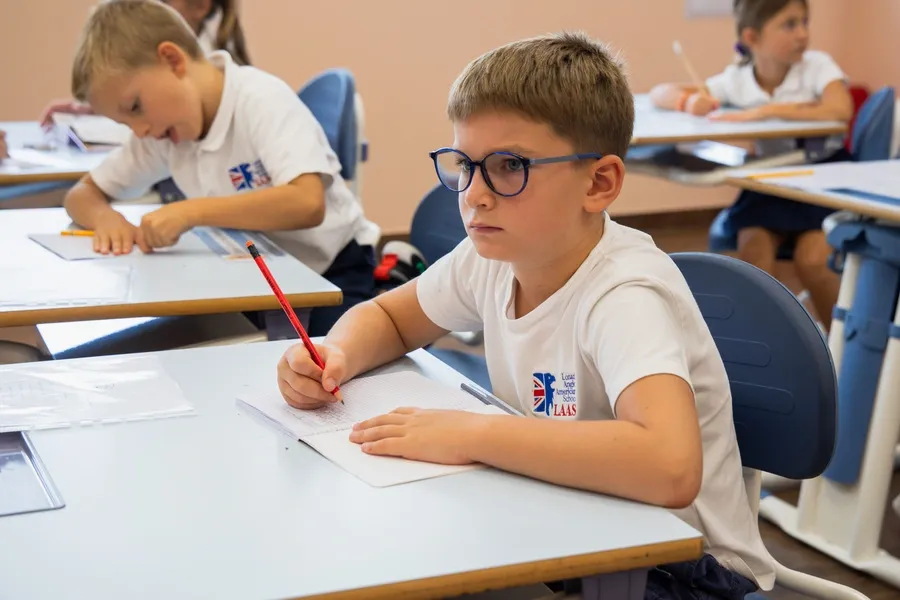
Grade 5
(9 years old)
Grade 5 students are independent readers. They develop more thoughtful responses when speaking and writing. Their awareness of more complex issues encourages the development of opinions and values. In mathematics, they show fluency in computation of number combinations and use strategies to make predictions and to solve more complex problems and equations. Science process skills are applied in investigation work. Students examine historical data, identify social problems, and analyse economic systems. They apply methods to accommodate a variety of feelings in a constructive manner and identify the positive character traits that contribute to personal identity and interpersonal relationships.
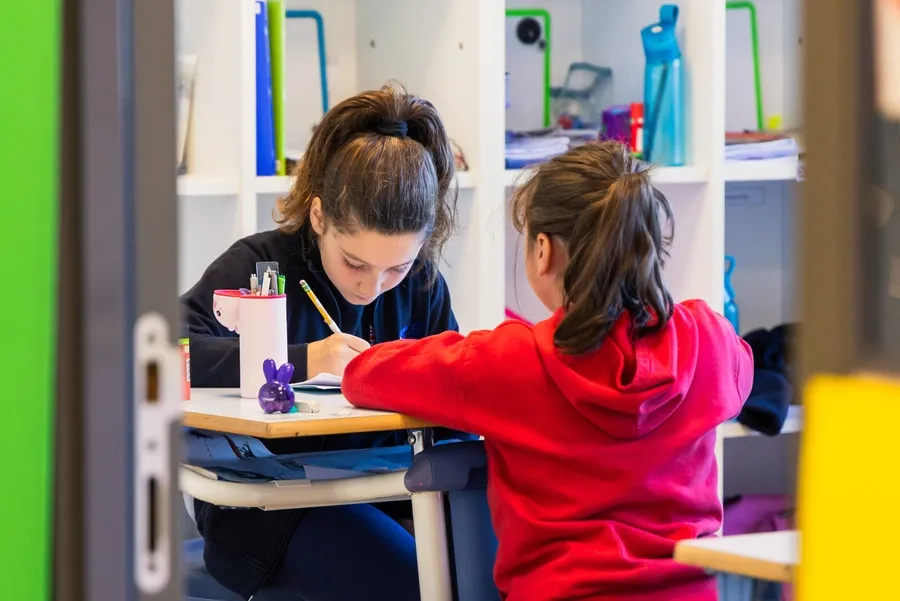
Grade 6
(10 years old)
Grade 6 students demonstrate their reading skills in a more defined and critical way. They examine multiple perspectives through literature, determine bias in publications, and examine real and hypothetical situations (offering both oral and written solutions). They choose and use organizational strategies when writing. Mathematical work includes advanced use of number when estimating, measuring, and converting. Students work with integers, fractions, decimals and geometric forms. They describe, plan and implement investigations and experiments in science and explore chemical properties. Student 6 learners use primary sources to create written works in social studies and debate conflicting points of view on historical issues. During this last year of elementary school, students examine relationships regarding physical appearance and changes in the body, self-concept and esteem.
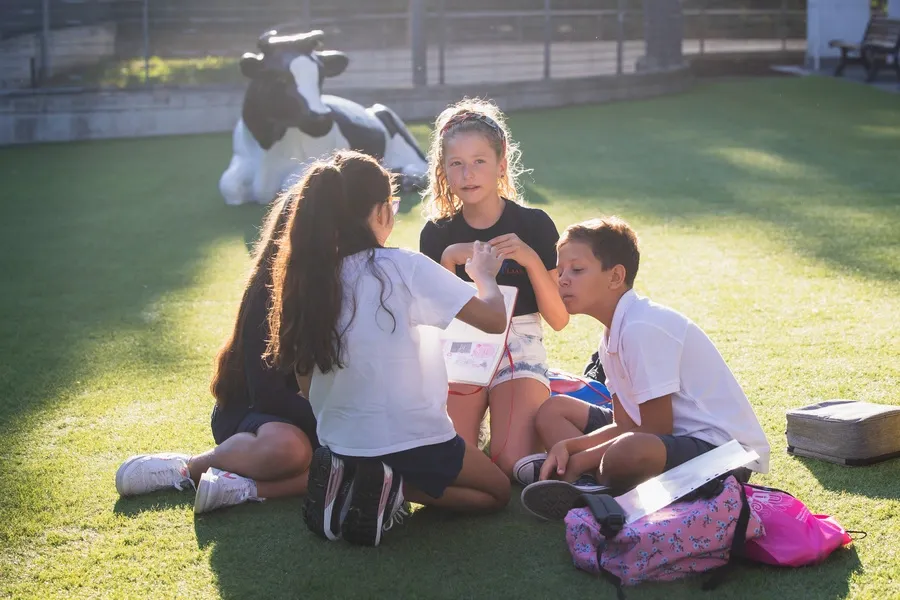
Our spaces
Our spaces
LAAS’ 4,600 square meter primary school facility supports eco-friendly features that include efficient, clean and modern classrooms, study spaces, ample play areas and supporting services.
On the first and second floors, elementary classrooms are contemporary and suited to support busy, active learners. All classrooms within the primary school feature interactive whiteboards, with tablet technology for students in Grades 4 and above. A music conservatory, art studio, science laboratory and classrooms for Italian/Latin, Chinese and Spanish Language are incorporated into the upper floors.
Throughout, spacious windows allow natural light to permeate the interior, welcoming nature indoors. Modern LED solid-state lighting and central heating and air bring added comfort, while a full-service elevator makes accessible to the disabled all areas of the building.
Our teachers
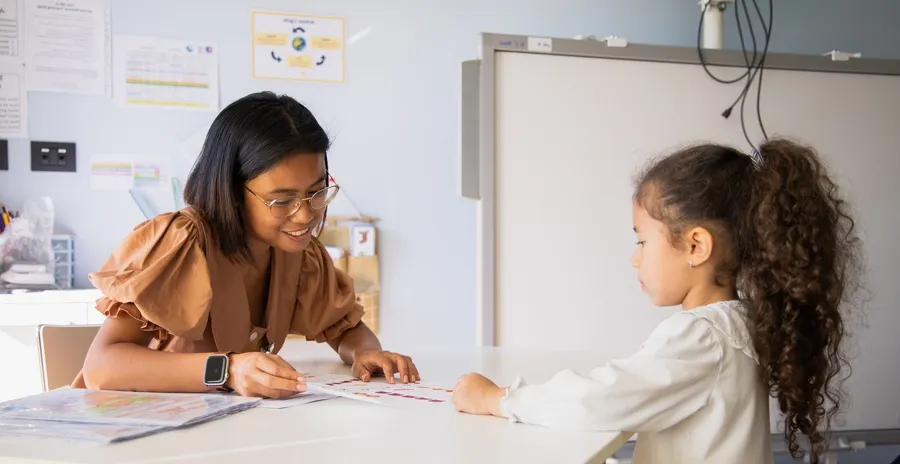
LAAS provides a team of educators committed to excellence. Their combined backgrounds, education and experience bring to LAAS the dedication of professionals. Mother-tongue English-speaking teachers, Italian teachers, and additional single subject teachers (Mandarin Chinese, Spanish) are trained and skilled at what they do. They work collaboratively to provide lessons and to promote skills and responsibilities that are both valuable and life-long.
Relationship between school and families
The relationship between our school and LAAS families is a matter of great importance to our children's educational success, so we have open and continuous communication with families.
We organize regular meetings, workshops and special events to involve families in their children's school life. We want to create an environment where people feel welcomed and supported.
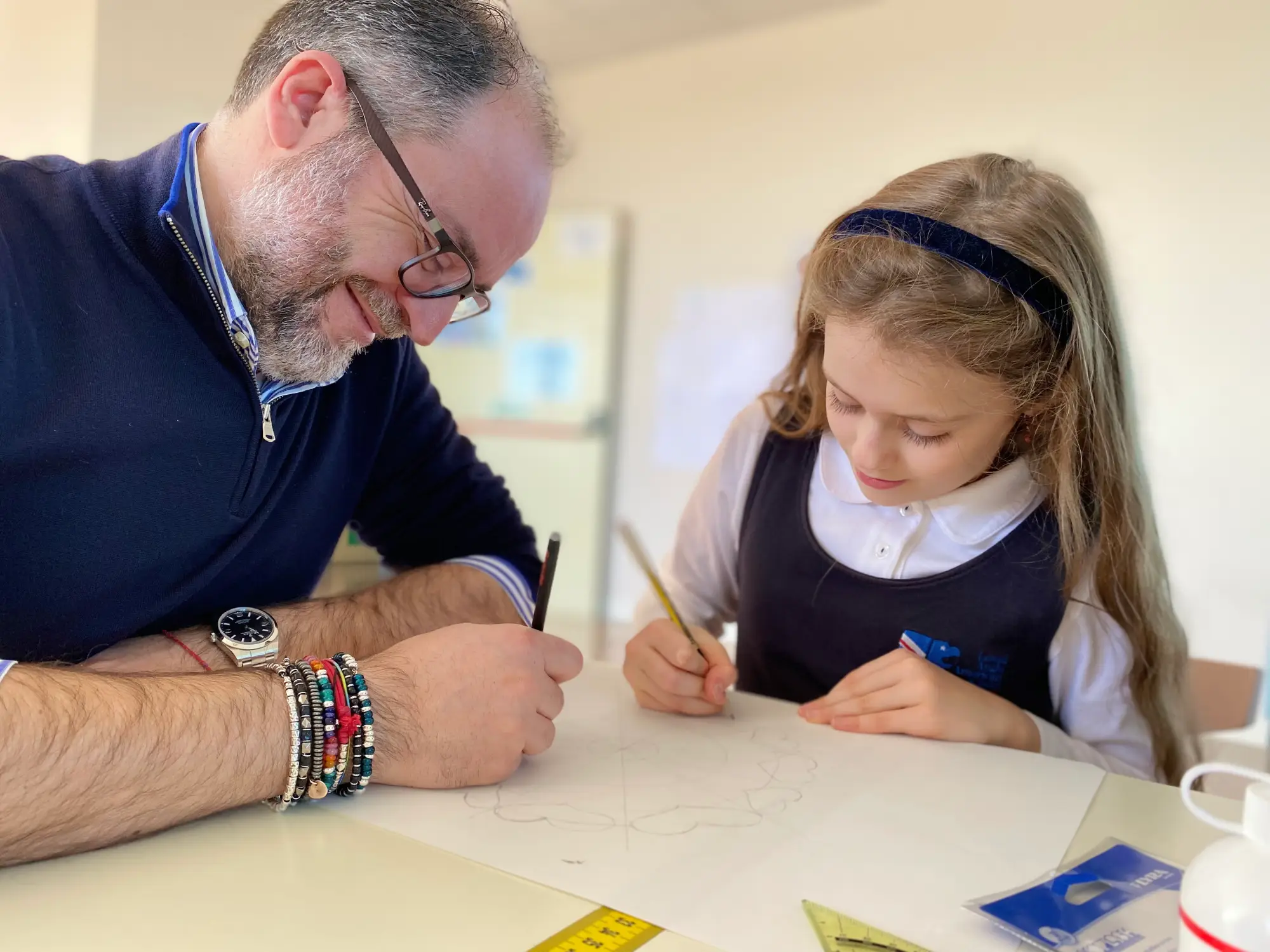
Fill in the form to receive info

